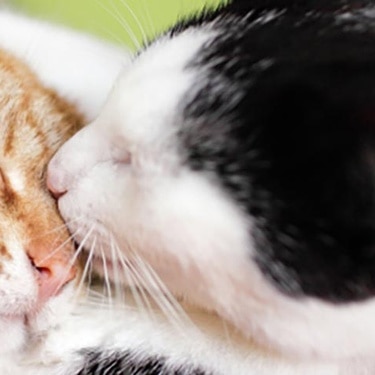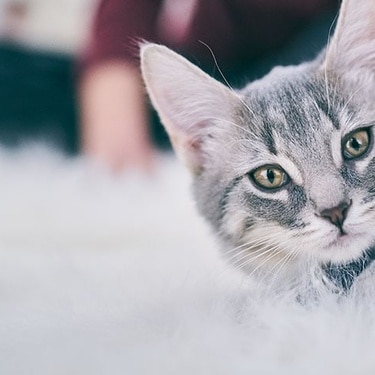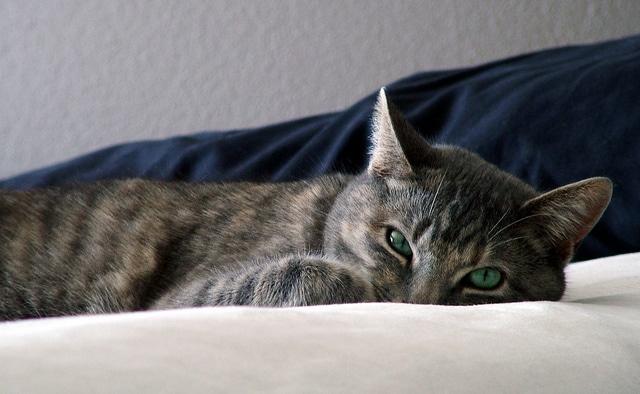
-
Find the right food for your petTake this quiz to see which food may be the best for your furry friend.Find the right food for your petTake this quiz to see which food may be the best for your furry friend.Health CategoryFeatured products
 Adult Perfect Weight & Joint Support Chicken & Brown Rice Recipe Dog Food
Adult Perfect Weight & Joint Support Chicken & Brown Rice Recipe Dog FoodThis weight management and mobility support dog food was created with Hill’s unique understanding of the biology of overweight dogs.
Shop Now Puppy Sensitive Stomach & Skin Salmon & Vegetable Stew
Puppy Sensitive Stomach & Skin Salmon & Vegetable StewGentle on stomachs while nourishing skin & supporting development in growing puppies
Shop Now Adult 6+ Large Breed Chicken Meal, Barley & Rice Recipe Dog Food
Adult 6+ Large Breed Chicken Meal, Barley & Rice Recipe Dog FoodSupports energy level, joint health, and beautiful coat in large breed mature dogs
Shop NowFeatured products Adult Sensitive Stomach & Skin Pouch Variety Pack Cat Food, Chicken & Beef, Salmon & Tuna
Adult Sensitive Stomach & Skin Pouch Variety Pack Cat Food, Chicken & Beef, Salmon & TunaCarefully made, gourmet daily nutrition. Tasty chunks with Salmon & Tuna in a decadent gravy. Supports digestive health, nourishes skin and promotes a lustrous fur.
Shop Now Adult Perfect Weight Salmon & Vegetable
Adult Perfect Weight Salmon & VegetableOver 70% of cats lost weight within 10 weeks when fed this nutrition
Shop Now Sensitive Stomach & Skin Chicken & Beef Dinner
Sensitive Stomach & Skin Chicken & Beef DinnerGourmet daily nutrition, carefully made. Tasty chunks with chicken & beef in a decadent gravy. Supports digestive health, nourishes skin and promotes a lustrous fur.
Shop Now -
DogCat
- Cat Tips & Articles
-
Health Category
- Weight
- Skin & Food Sensitivities
- Urinary
- Digestive
- Kidney
- Dental
- Serious Illness
-
Life Stage
- Kitten Nutrition
- Adult Nutrition
Featured articles Water
WaterWater is the most important nutrient of all and essential for life. Animals can lose almost all their fat and half their protein and still survive, but if they lose 15% of their water, it will mean death.
Read More Pet Food Storage Tips
Pet Food Storage TipsWhere you store your cat and dog food can make a big difference in the quality and freshness once it is opened. Here are some common questions and recommendations for optimal storage for all of Hill’s dry and canned cat and dog food.
Read More The Right Diet For Your Pet
The Right Diet For Your PetLearn what to look for in healthy pet food & nutrition, including ingredients, quality of the manufacturer, your pet's age, and any special needs they have.
Read More -


When cold and flu season's in full swing, you work hard to keep yourself free from illness, but what about your feline friend? Can she get cat flu? Can a cat catch a cold?
What about the Coronavirus?
As a concerned pet parent, reading about coronavirus disease COVID-19 might prompt you to wonder about the risk of infection between you and your pet. At this time, there is no evidence that pet dogs, cats, food, or food packaging could be a source of infection to other animals or humans. As the Coronavirus (COVID-19) situation continues to evolve, it’s important to monitor updates with the World Health Organization as new information arises.
There is no current evidence that dogs, cats or other pets can spread the human version of the virus. The World Small Animal Veterinary Association (WSAVA) has issued a very helpful advisory document available at WSAVA Advisory Document which is regularly updated, and could assist in answering questions, including specific Q&A. If you still have concerns, it’s best to talk to your veterinarian.
Can We Get Each Other Sick?
If you have the flu or a cold, don't worry too much about transferring the illness to your pet. There are documented cases of pet parents transferring the H1N1 virus to their household cats, notes Smithsonian magazine, and cats may transfer it to humans; however, it's very rare. In 2009, when the H1N1 virus (aka swine flu) was considered an epidemic in the United States, there was cause for concern because H1N1 transferred from animals (pigs, in this instance) and infected humans.


Tasty Tips
The Nature of the Virus
Cats are capable of catching the flu, as well as upper respiratory infection caused by one of two viruses: feline herpesvirus or feline calicivirus. Cats of all ages are susceptible, but young and old kitties are particularly vulnerable because their immune systems are not as strong as cats in their prime.
Cats catch the virus when they come into direct contact with an infected cat or the viral particles, explains VCA Animal Hospitals. The organization adds, "the virus is excreted in saliva and in discharges from the eyes and nose of an infected cat." Therefore, it's important to keep your cat away from other cats that are sick.
If your cat contracts the flu or an upper respiratory infection, the virus may stick around, says Love That Pet. "Unfortunately, cats that recover from cat flu may become temporary or permanent virus carriers. This means that they may shed the virus into the environment, even if they do not appear to be sick anymore." Once your cat catches the flu, keep an eye out for recurring symptoms.
If you suspect that your cat has the flu, symptoms to look out for include:
- Lethargy
- Coughing
- Sneezing
- Runny nose
- Fever
- Loss of appetite and not drinking water
- Runny eyes and/or nose
- Trouble breathing
Call your veterinarian right away, and expect to bring in your fur baby for a checkup.
Treatment and Prevention
Vaccinating your cat and keeping those vaccinations up to date will maintain your pet's health and help prevent illness. Another key factor is keeping the germs away: wash your hands thoroughly and often (and ask others to do the same); sanitize any infected areas, such as bedding, clothing and towels; and avoid contact with anyone (and any animal) who may be sick.
Animals can contract illnesses from other animals, so it's important to keep your healthy cat separated from ill pets. Eye and ear discharge and saliva are common ways animals spread germs, so separate food and water stations.
As noted, if you suspect the flu or a cold, contact your veterinarian immediately. According to PetMD, "There is no cure for influenza and treatment is symptomatic in nature. Nursing care may be required to keep the eyes and nose clean and clear of discharges." Possible treatments include antibiotics and fluids to prevent dehydration. Your vet will provide you with a detailed treatment plan.
During her recuperation, your fur baby will need a lot of love and attention, and she'll want to do the same for you if you're under the weather. This may be tricky if you're also sick, but take comfort in the fact that once you're both healthy, you can smother each other with affection.


Christine O'Brien is a writer, mom, and long-time cat parent whose two Russian Blues rule the house. Her work also appears in Care.com, What to Expect, and Fit Pregnancy, where she writes about pets, pregnancy, and family life. Find and follow her on Instagram and Twitter @brovelliobrien.
Related products

Precisely balanced nutrition for indoor cats with the delicious taste of savory minced chicken

Gourmet daily nutrition, carefully made. Tasty chunks with chicken & beef in a decadent gravy. Supports digestive health, nourishes skin and promotes a lustrous fur.

Over 70% of cats lost weight within 10 weeks when fed this nutrition

Carefully made, gourmet daily nutrition. Tasty chunks with Salmon & Tuna in a decadent gravy. Supports digestive health, nourishes skin and promotes a lustrous fur.
Related articles

As a responsible pet owner you owe it to yourself and your cat to understand problems associated with overweight cats.

Being overweight puts a cat at risk for developing many serious health issues. Weight gain indicates an increase in body fat and usually results when your cat eats too much and exercises too little.

Get helpful information on proper feline oral healthcare and why it's so vital to take care of your cat's teeth.

HillsPet Nutrition provides information on proper nutrition, fitness and special needs in keeping your cat healthy and happy.

Put your cat on a diet without them knowing
Our low calorie formula helps you control your cat's weight. It's packed with high-quality protein for building lean muscles, and made with purposeful ingredients for a flavorful, nutritious meal. Clinically proven antioxidants, Vitamin C+E, help promote a healthy immune system.
Put your cat on a diet without them knowing
Our low calorie formula helps you control your cat's weight. It's packed with high-quality protein for building lean muscles, and made with purposeful ingredients for a flavorful, nutritious meal. Clinically proven antioxidants, Vitamin C+E, help promote a healthy immune system.


